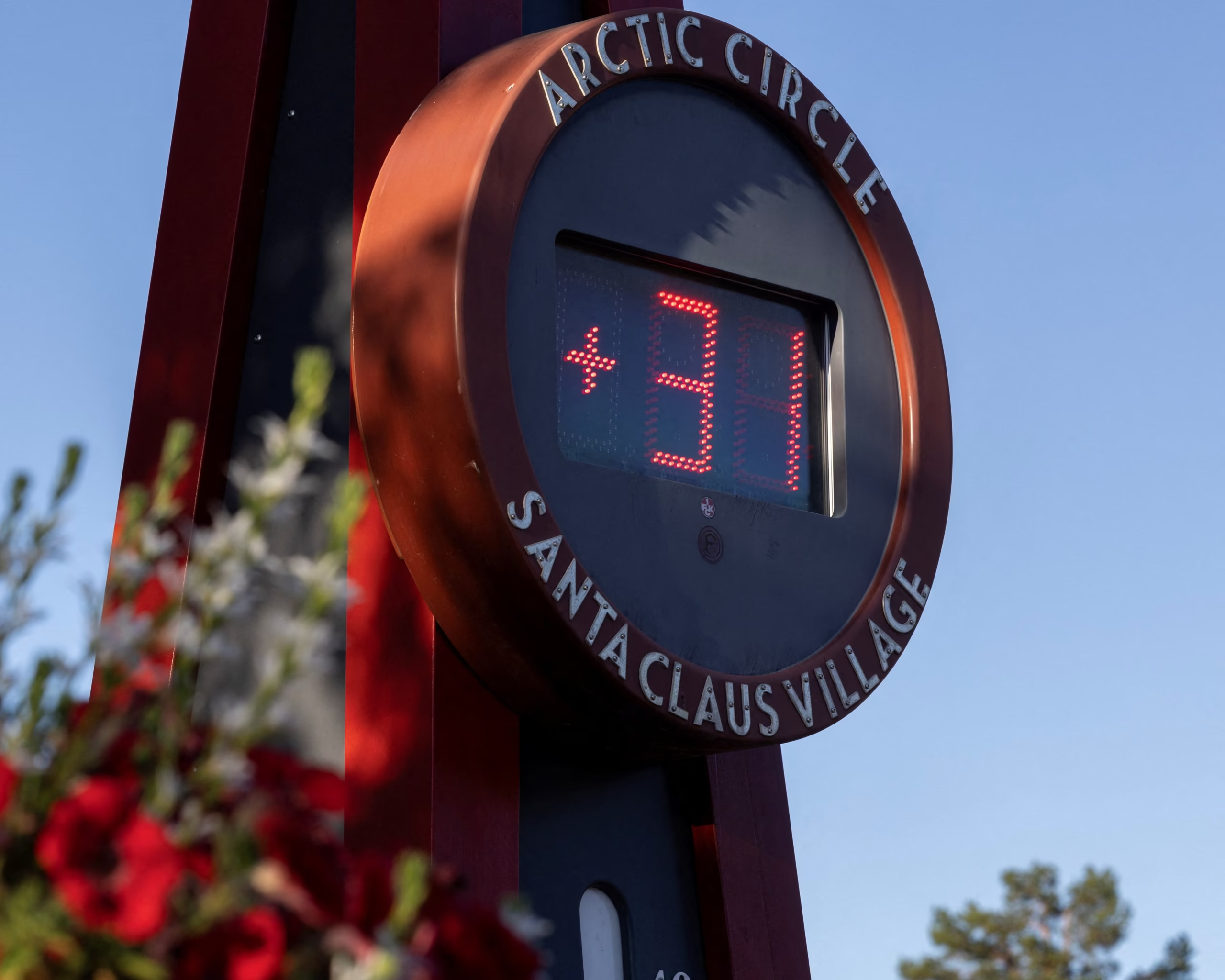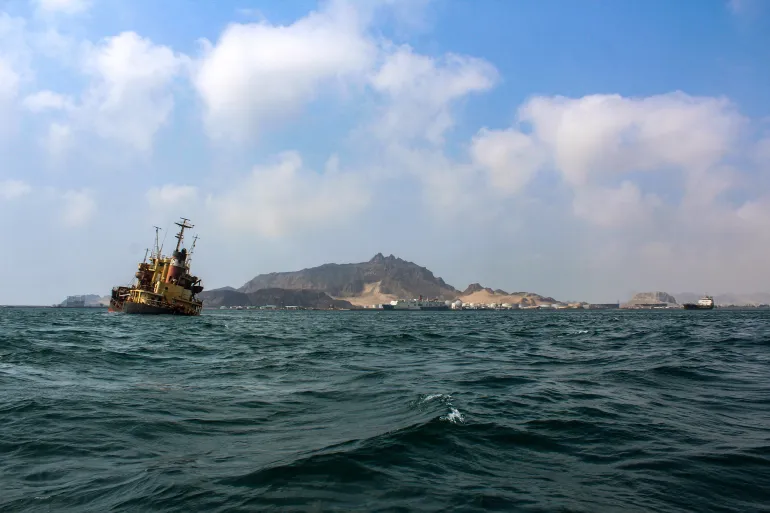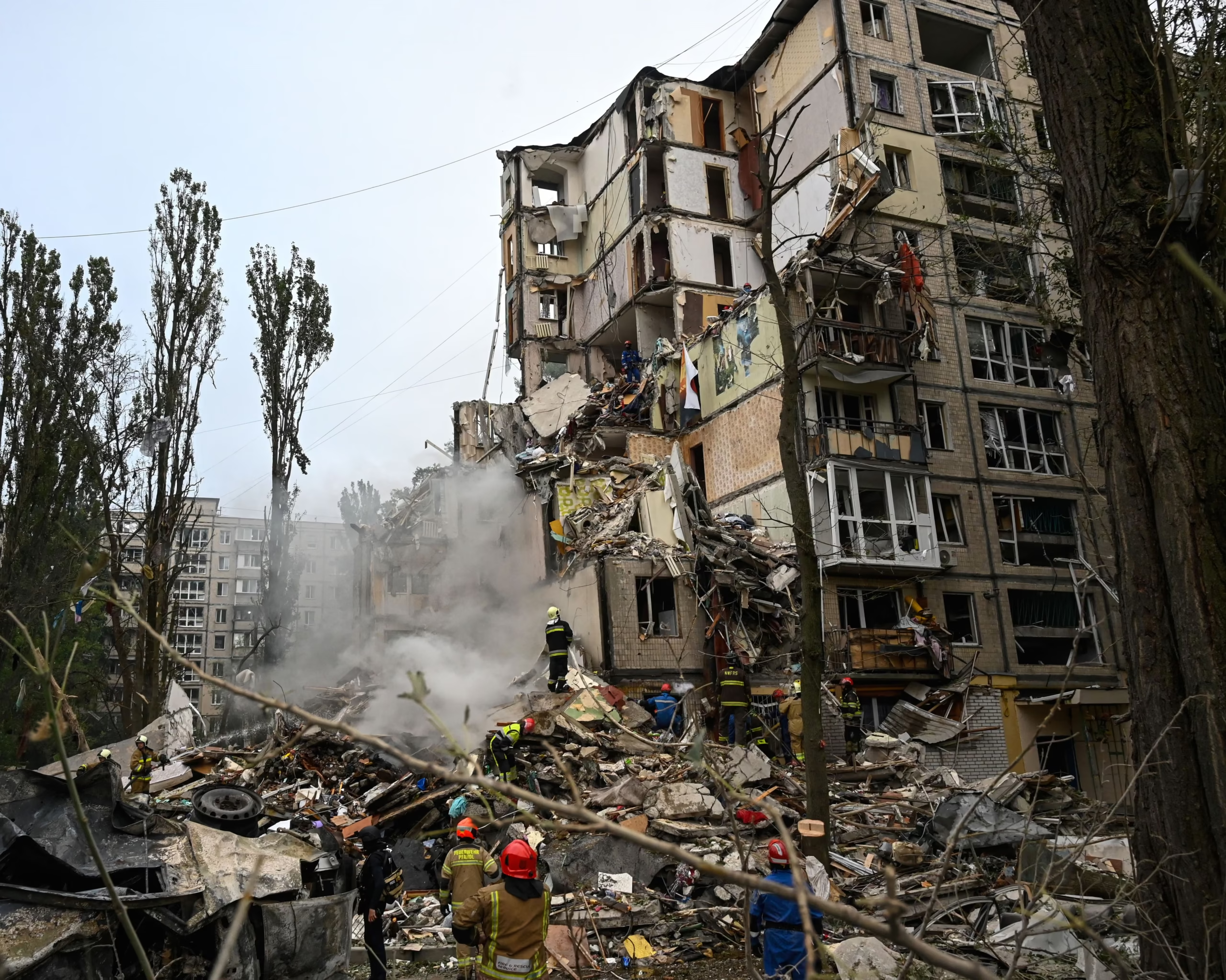Northern Europe, famed for its chilly climate, is experiencing a historic and relentless heatwave, with Nordic countries recording “truly unprecedented” high temperatures linked to escalating carbon emissions.
Follow Republic Policy on www.republicpolicy.com
In July, a weather station within Norway’s Arctic Circle registered temperatures above 30°C (86°F) on 13 separate days, while Finland endured three straight weeks with daily highs reaching the same mark. Meteorologists report this is the longest and most intense heatwave in the region since records began in 1961—outlasting previous extremes by 50 percent.
Follow Republic Policy on YouTube
Climate experts, such as Mika Rantanen of the Finnish Meteorological Institute, highlighted on social media that maximum temperatures recently soared to 32–33°C. He noted even Arctic zones have logged three consecutive weeks above 25°C, challenging long-held August records.
Follow Republic Policy on X
Norway’s Meteorological Institute confirmed that at least one station in each of the country’s three northernmost counties saw temperatures topping 30°C on 12 separate days in July. After a brief cooling, the agency warned that the sweltering heat was likely to return over the coming weekend.
Follow Republic Policy on Facebook
Sweden has not been spared, as meteorologists observed prolonged heatwaves at multiple northern stations, with Haparanda marking 14 consecutive days above 25°C and Jokkmokk, Lappland, experiencing a 15-day heat streak. Scientists say such long hot spells have not been seen in over a century.
Follow Republic Policy on Instagram
The scorching conditions have swept across northern Europe, fueled by abnormally warm seas off Norway’s northern coast and a persistent high-pressure system, resulting in temperatures soaring 8–10°C above seasonal averages. This heat has also triggered storms, lightning, and wildfires across the region.
Follow Republic Policy on TikTok
Nordic societies, built for cold weather, are struggling to cope with the heat’s impact. Researchers warn that the UK, Norway, and Switzerland will face the steepest relative increase in dangerously hot days as global temperatures continue to rise, with existing infrastructure ill-prepared for such shifts.
For policy updates, join Republic Policy’s WhatsApp Channel

















